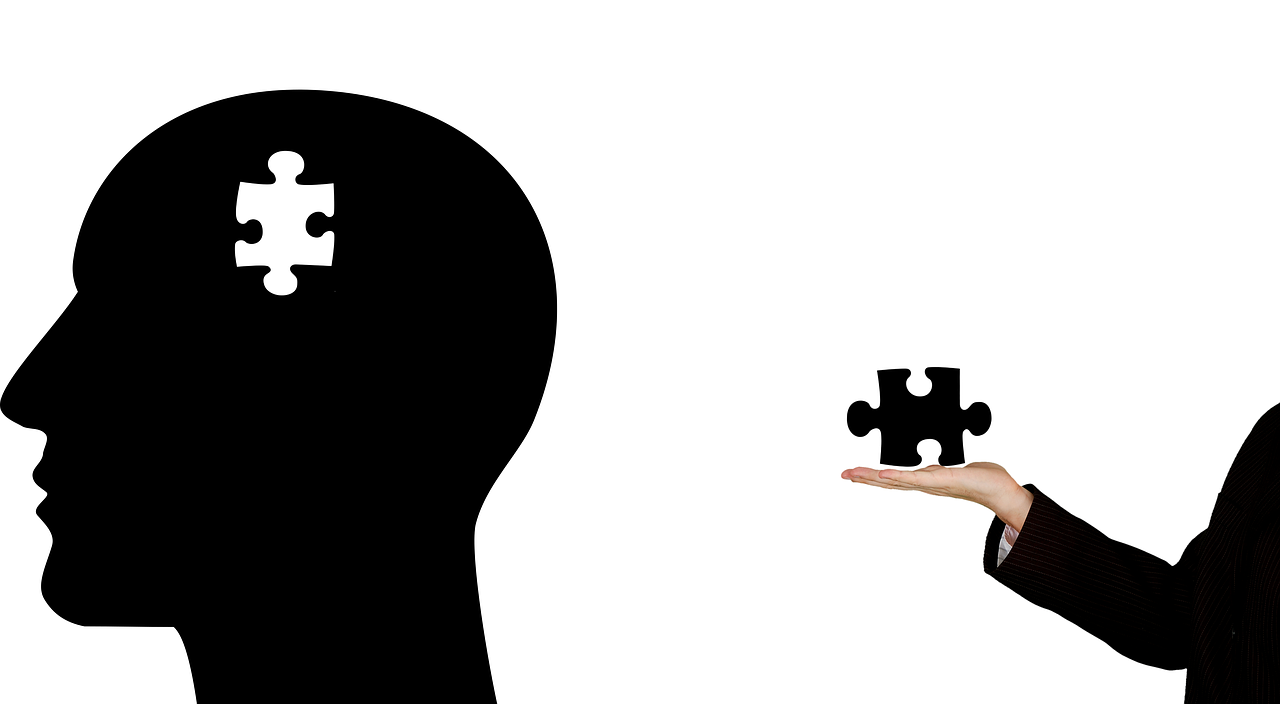Exercise is not just for physical health; it also has a profound impact on our mental well-being. Numerous studies have shown that regular physical activity can improve symptoms of depression, anxiety, and stress. It can also boost self-esteem, cognitive function, and sleep quality.
How Exercise Affects the Brain?
There are several reasons why exercise is so beneficial for mental health. First, it releases endorphins, which are hormones that have mood-boosting effects. Endorphins can help to reduce stress, anxiety, and pain.
Exercise also increases blood flow to the brain, which can improve cognitive function and memory. It also helps to reduce inflammation, which has been linked to depression.
What’s more, exercise can help to improve sleep quality, which is essential for good mental health. When we are well-rested, we are better able to cope with stress and regulate our emotions.
Benefits of Exercise for Mental Health
- Reduces symptoms of depression
- Relieves anxiety
- Reduces stress
- Boosts self-esteem
- Improves cognitive function
- Improves sleep quality
How Much Exercise Do We Need?
The Centers for Disease Control and Prevention (CDC) recommends that adults get at least 150 minutes of moderate-intensity aerobic activity or 75 minutes of vigorous-intensity aerobic activity each week. They also recommend that adults engage in muscle-strengthening activities that work all major muscle groups (legs, hips, back, abdomen, chest, arms, and shoulders) on two or more days a week.
Tips for Getting Started with Exercise
If you are new to exercise, it is important to start slowly and gradually increase the amount of time you spend being active. You should also talk to your doctor before starting any new exercise program.
Here are some tips for getting started with exercise:
- Find an activity you enjoy. There are many different types of exercise, so find something you find fun and that you can stick with.
- Start slowly and gradually increase the amount of time you spend being active. Don’t try to do too much too soon.
- Set realistic goals. Don’t try to do too much too soon. Set small, achievable goals and gradually increase them as you get fitter.
- Find an exercise buddy. Having someone to exercise with can help you stay motivated.
- Make exercise a part of your routine. Schedule time for exercise in your day and stick to it.
Final Thoughts
Exercise is a powerful tool for improving mental health. It is a safe, effective, and affordable way to reduce symptoms of depression, anxiety, and stress. It can also boost self-esteem, cognitive function, and sleep quality.
If you are looking for ways to improve your mental health, I encourage you to start exercising regularly. You may be surprised at how much it can help.



